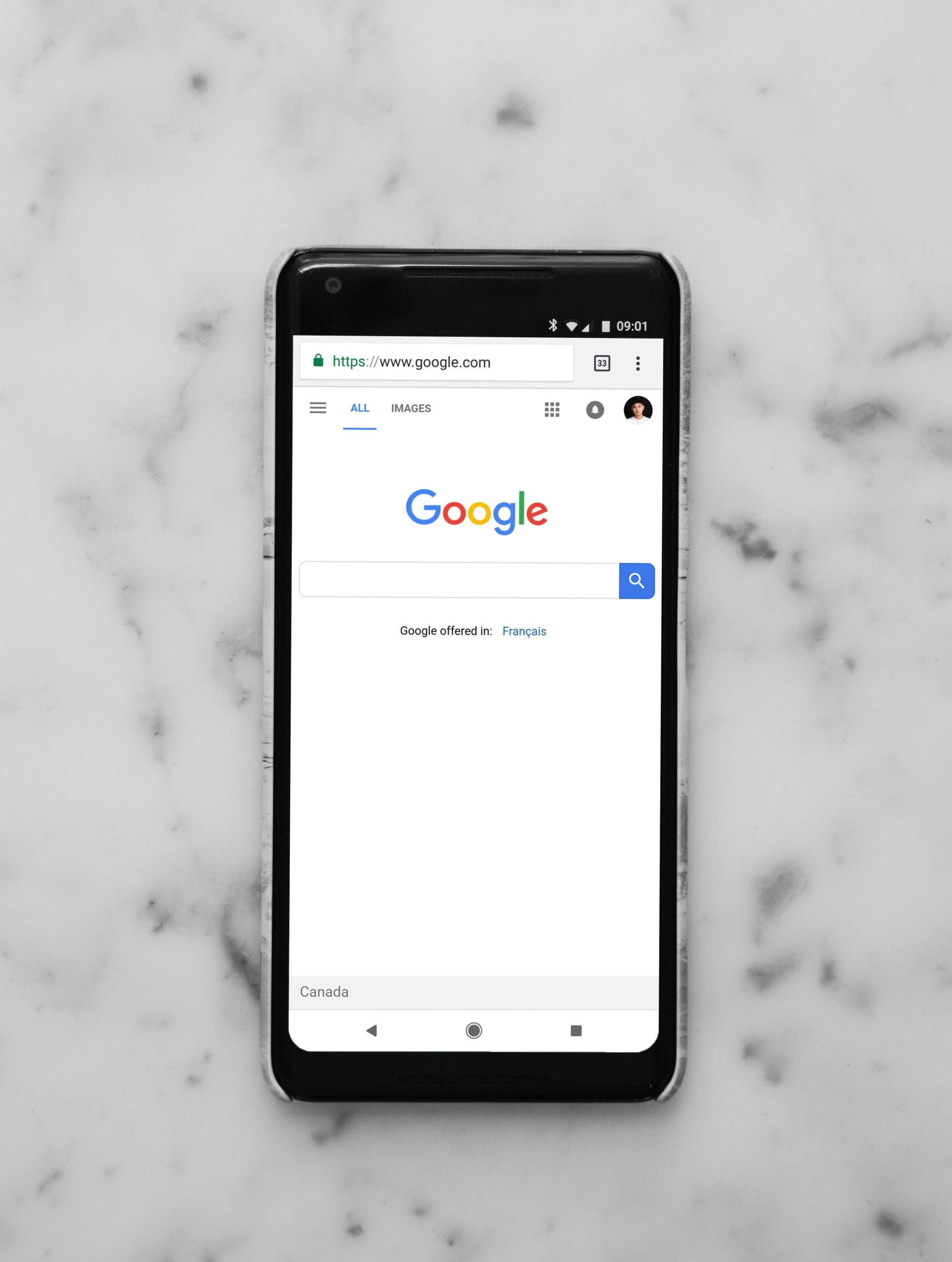PPC

Are Google Ads Right For Me?

The Ultimate Google Ads PPC Kit
PPC can bring people to your site who are ready to learn more.
Schedule Free DemoIf you’re looking for digital marketing tools to help expand your practice and reach new patients, you may have come across Google Ads (formerly AdWords) as a potential advertising option. But not everyone benefits from Google advertising, or only benefits from using Google’s advertising tools in a certain way. We’re here to help you understand what this tool is and who should be using it.
What are Google Ads?
Google has expanded its advertising tools in recent years, so there are actually many to choose from, including YouTube advertising. The main two most people are familiar with are search and display ads. Display ads are the banners, images, and sometimes video boxes you see on web pages that may be selling you everything from clothes to appliances to professional services.
Search ads, on the other hand, are essentially ways of leap-frogging search results for any given keyword. If you’re a medical practice that offers liposuction, for example, and your page doesn’t rank at the top spot, you can pay to advertise above the top spot, or in other key locations on a search result.
Search gets complicated really fast, with many different types of advertising possible, and different budgets getting you different results.
Types of PPC Campaigns
Search advertising is also called pay-per-click (PPC) advertising because in theory, you only pay when people click on your link (and they will). You set a daily budget for how much you’re willing to pay for clicks, and if you hit that budget, your ad won’t show up until the next cycle.
The complicating factor is that you’re often competing with many other people who want their page to be shown in ads, and there are limited spots for each search result page. Within your daily budget, you also set a maximum “bid” for each time your ad may be displayed for a targeted keyword. If you outbid the competition, your ad is displayed.
Now, not everyone likes getting this far into the weeds, so Google has rolled out automated campaigns called Performance Max campaigns to make the process simpler. In these, Google chooses your bid amounts, which keywords deserve the highest bid, and which one of your several ads’ content is displayed. This makes this simpler but has a pretty major drawback: you aren’t in control of your decisions, Google is. And you can bet that if you set a daily budget for one of these campaigns, Google will find a way to meet it.
Who Should Use Google Ads?
Google ads are great for anyone who wants to increase awareness of a practice, treatment, or new technology you may have acquired. There are versatile tools to drive traffic to your website, but aren’t necessarily the best way to drive highly qualified leads with a high chance of actually contacting and following through with a purchase.
We generally recommend two different strategies when it comes to Google Ads in general and PPC in specific.
New Websites or Ventures
Google advertising is a great way to drive a spike in traffic to your website if you have a new treatment you want to promote, a new products you want to show off, or if this is a brand new website. In these cases, Google Ads is definitely relevant and can help increase new lead generation.
However, for the most efficient use of your money, it helps to have professionals to set up your campaigns to be as hyper-specific as possible to the searchers who are best qualified for that new service or website. The PPC team at DLM has been in paid advertising for years and knows not only how to manage an effective campaign, boosting your marketing ROI, but also how to monitor and adjust results based on the data that’s coming back to us from ad campaigns.
Established Medical Practices
If there’s not necessarily anything new or shiny you want to promote, PPC can still be relevant, but isn’t required. Google Ads can be localized to your area, so you don’t spend money increasing awareness of your practice in places where it doesn’t matter. It can help drive traffic to pages that aren’t getting seen, and in doing so may help that page perform better without paying for clicks.
What’s important to remember is that when you are running PPC campaigns that you track a lead all the way through the pipeline to their purchase. That way, you can track exactly what keyword, ad copy, and circumstance led to a purchase in a specific amount.
Google Advertising Run For You
With DLM Insight, we have the ability to track leads from their first search to their electronic medical records to help medical practices know exactly where their marketing dollars are going and how it’s helping them increase revenue. To learn more about our Google Ads services, don’t hesitate to contact us today.





